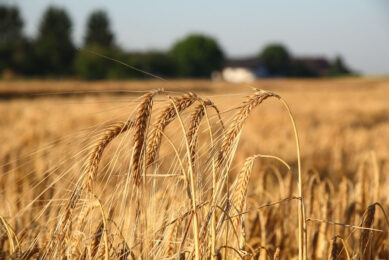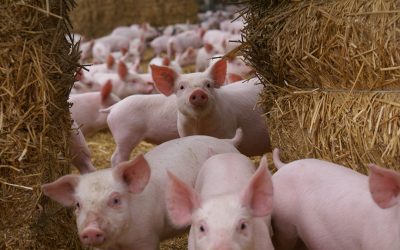Africa opens up to GM crops
Slowly African countries begin to adopt genetically modified crops. Kenya has become the fourth country in Africa to open up to GM crops after approving laws to allow their production and importation.
East Africa’s leading economy follows South Africa, a leader in the continent on biotechnology and a major exporter of GM maize, as well as Egypt and Burkina Faso, but it faces growing resistance from lobbyists against the move.
Acting Higher Education, Science and Technology Minister Hellen Sambili said the laws would come into effect on July 1, ending restrictions on GM maize and other various products in the country. Importation of GM maize into the country would help to mitigate a looming shortage.
The Kenyan government is anticipating a shortfall in the supply of maize of 1.3 million tonnes in the 2011/12 season due to drought.
The law will open the Kenyan market, which faces frequent grain deficits, to major suppliers such as South Africa whose exports were affected by the previous ban.
Health concerns
But lobby groups opposed to gene alteration, noting health concerns such as development of mutations and allergic reactions in humans, said they plan to oppose the law.
"We are going to hold a demonstration in Mombasa […] to boycott importation and consumption of GM," said Betty Mwasia an officer at Telum Kenya, a lobby group that advocates organic farming. Mombasa is the port city and gateway into east Africa. "We are also considering a court injunction to stop the GM shipment," she said.
Other African economies are conducting research on GM crops such as maize, rice and wheat that could prove to be the first step towards adoption including Tanzania, Uganda, Malawi, Mali, Zimbabwe, Nigeria and Ghana.











